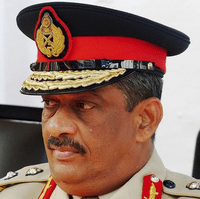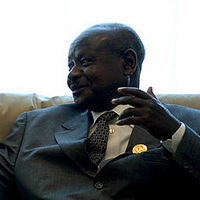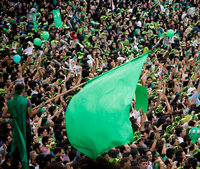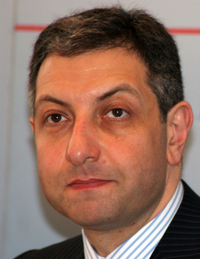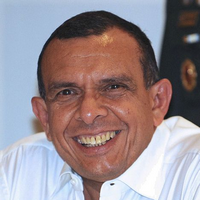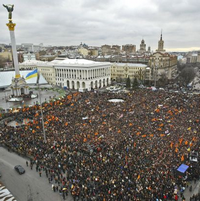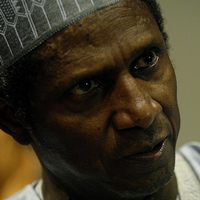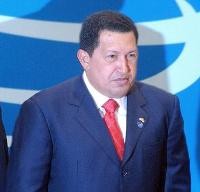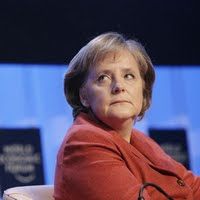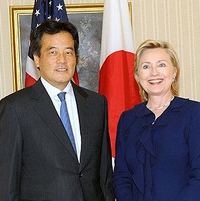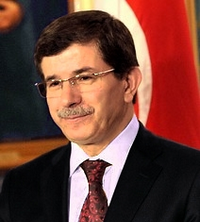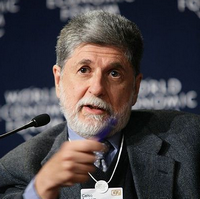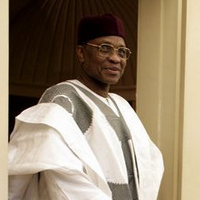
Following a trend that has become depressingly familiar in West Africa over the past 18 months, army officers seized power in Niger on Feb. 18, removing President Mamadou Tandja from office. The coup ends a political crisis that began last year, when Tandja used a popular referendum to try to indefinitely prolong his term beyond its December 2009 limit. Despite the immediate condemnation of the coup by various international bodies, including the African Union and the United States, there was a sense that Tandja got what he deserved. His machinations last year to ram through legislation that not only prolonged […]

